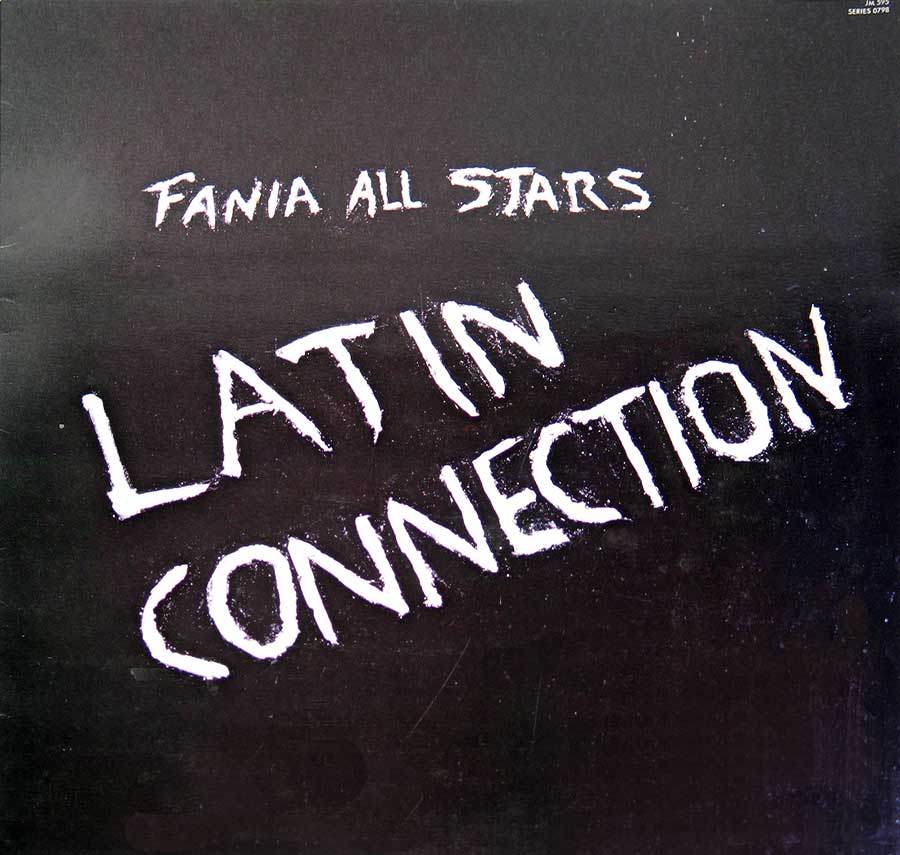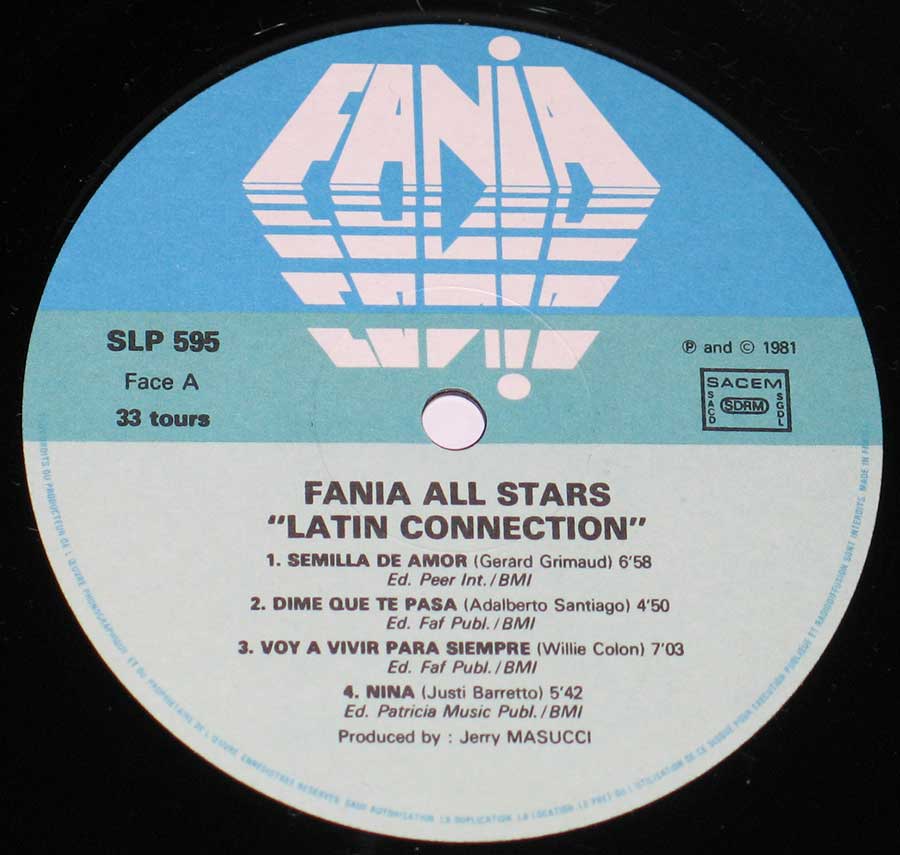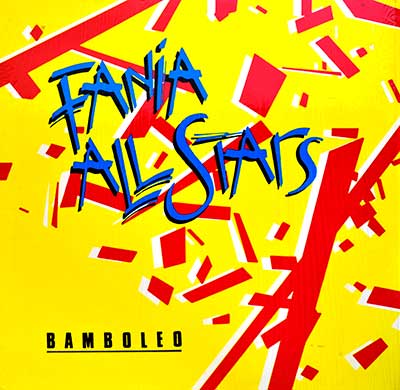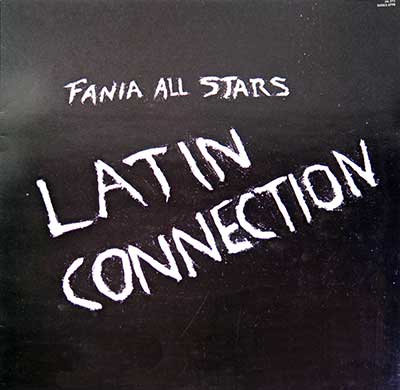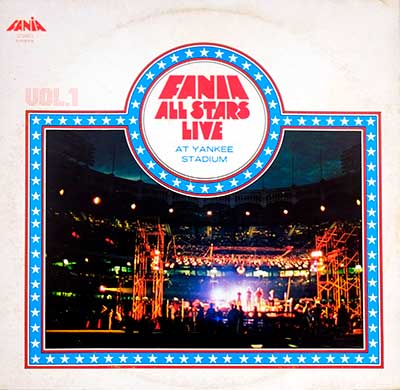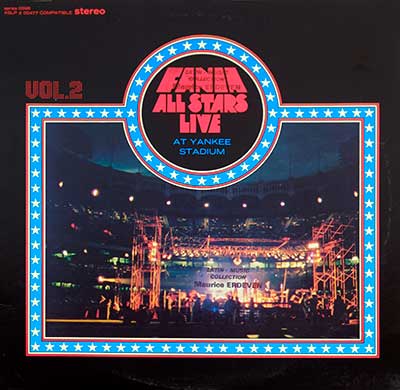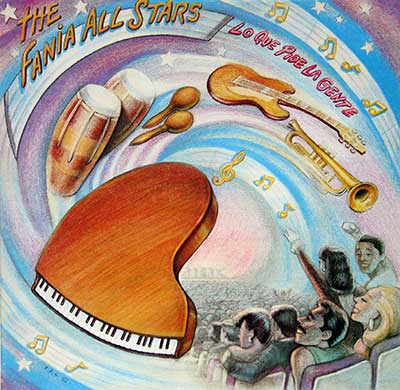Fania All Stars was a trailblazing band that helped to popularize salsa music in the United States. Their music was characterized by its infectious rhythms, virtuosic soloing, and political activism, and their legacy continues to influence contemporary Latinx musicians today. The band's contributions to Latin music during the 1970s and 1980s are a testament to the cultural diversity and resilience of the Latinx community in the United States.
Fania All Stars was a music ensemble that emerged in the 1970s and played a significant role in the development of salsa music. Comprising some of the most talented musicians from Latin America and the Caribbean, the band's music reflected the multiculturalism of the Latinx community in New York City.
Fania All Stars was formed in 1968 by the Fania Records label as a means to promote its roster of musicians. The band's first concert took place in 1971 at the Cheetah Club in New York City, and it was a resounding success. The concert was attended by thousands of people and was broadcast live on local radio stations. The band's fusion of different Latin music styles, including Cuban, Puerto Rican, and Dominican, appealed to a wide range of audiences and helped to popularize salsa music in the United States.
During the 1970s, Fania All Stars released a number of successful albums, including "Live at the Cheetah," which captured the energy and excitement of their live performances. The band's music was characterized by its infectious rhythms, complex arrangements, and virtuosic soloing. The band's musicians were some of the most talented in the genre, including legendary performers such as Celia Cruz, Willie Colón, and Hector Lavoe.
In addition to their musical prowess, Fania All Stars were also known for their political activism. The band's music was a reflection of the struggles of the Latinx community in the United States, and many of their songs addressed issues such as poverty, discrimination, and political oppression. The band's concerts often served as a platform for political activism, and they were known for their support of various social causes.
In the 1980s, Fania All Stars continued to tour and record music, but their popularity began to decline as disco and other genres became more popular. The band's legacy, however, continued to influence future generations of Latinx musicians. Many contemporary salsa bands credit Fania All Stars as a major influence on their music, and the band's music remains a testament to the cultural diversity and resilience of the Latinx community in the United States.
